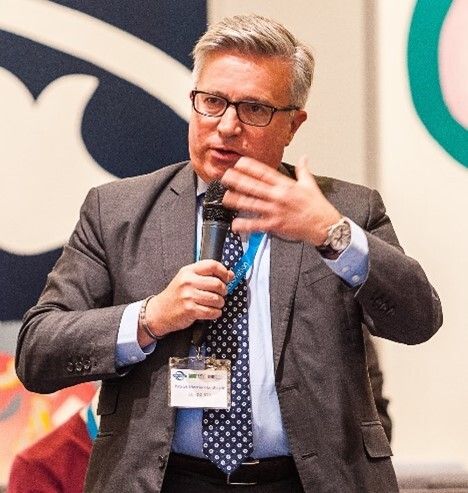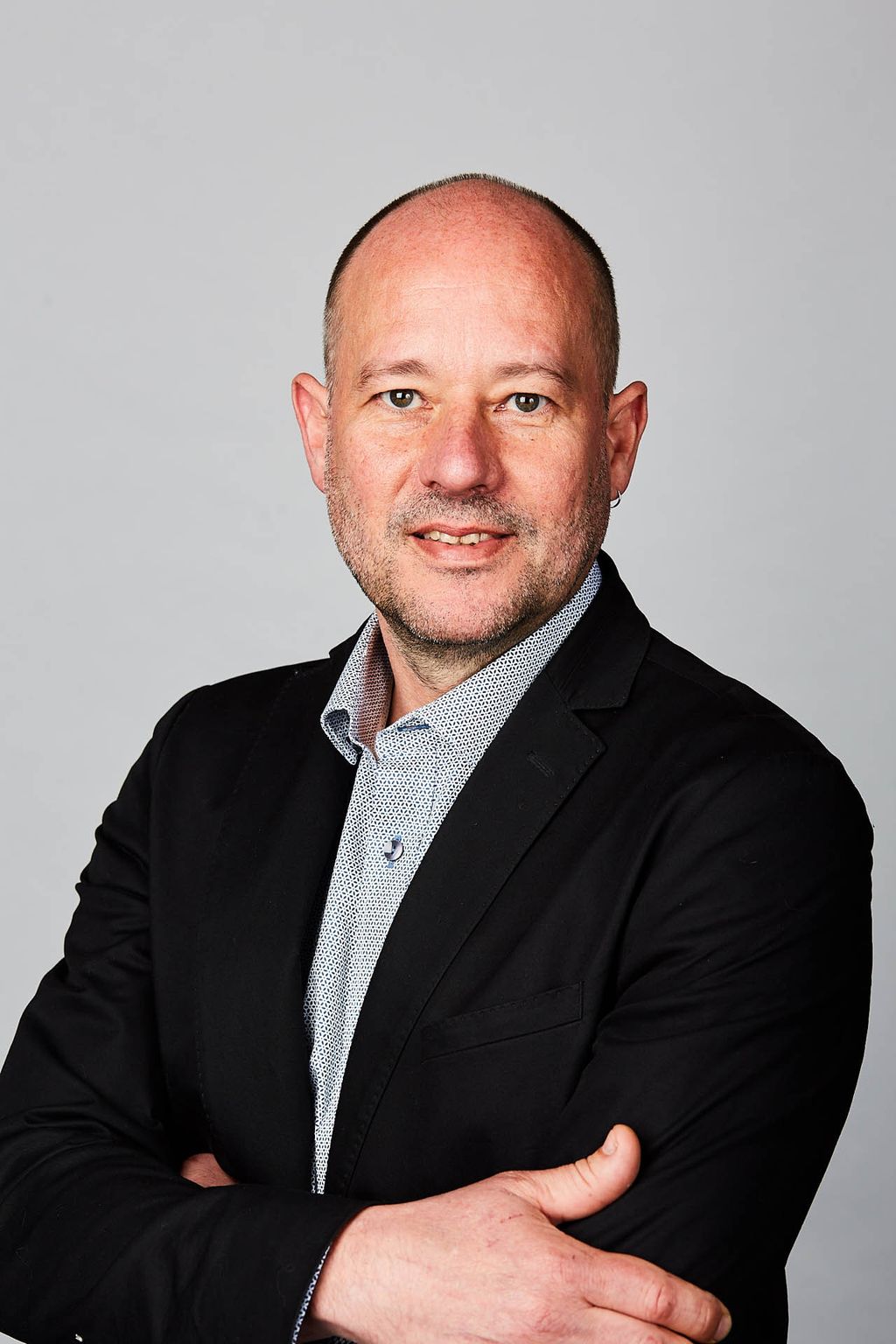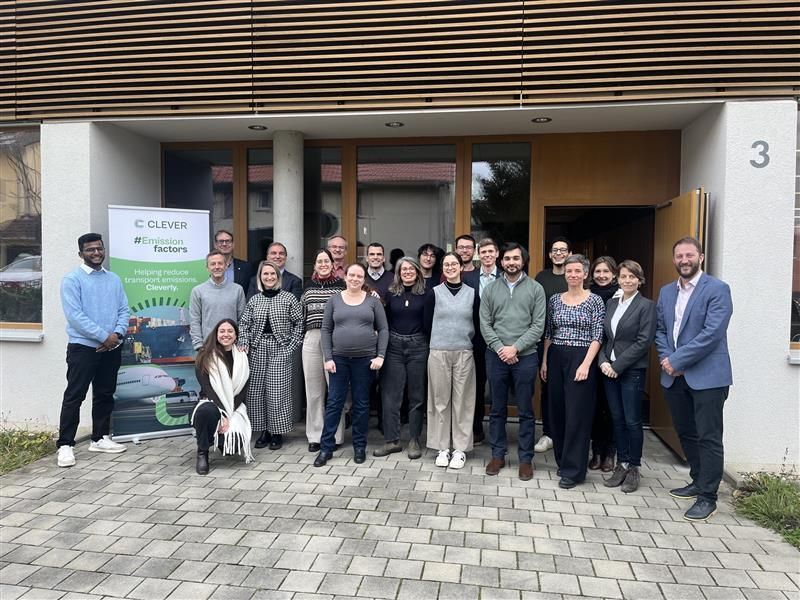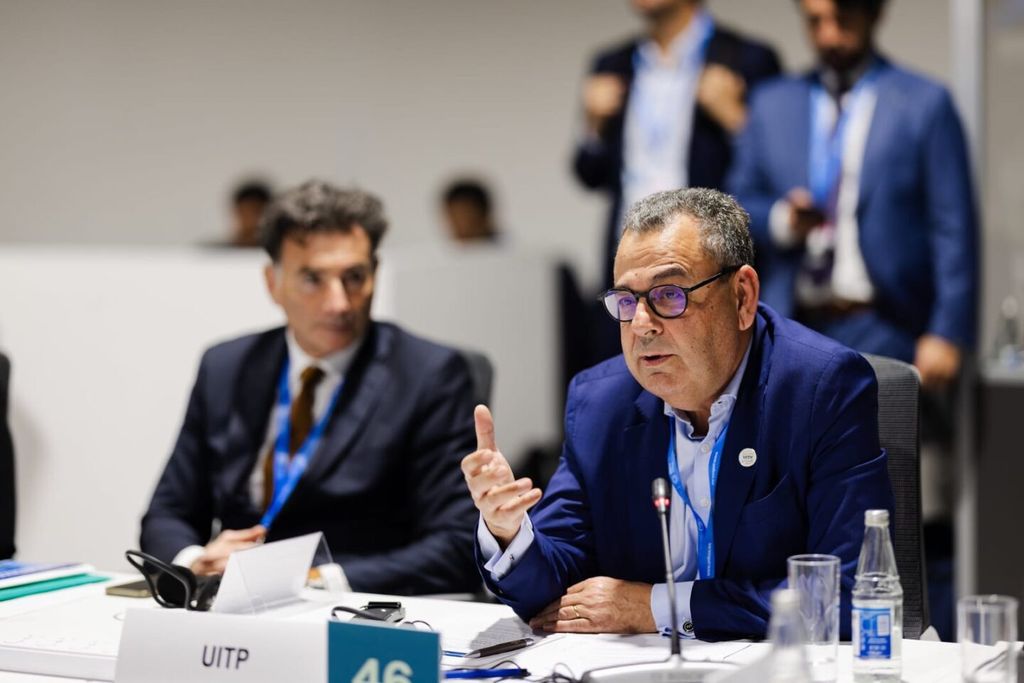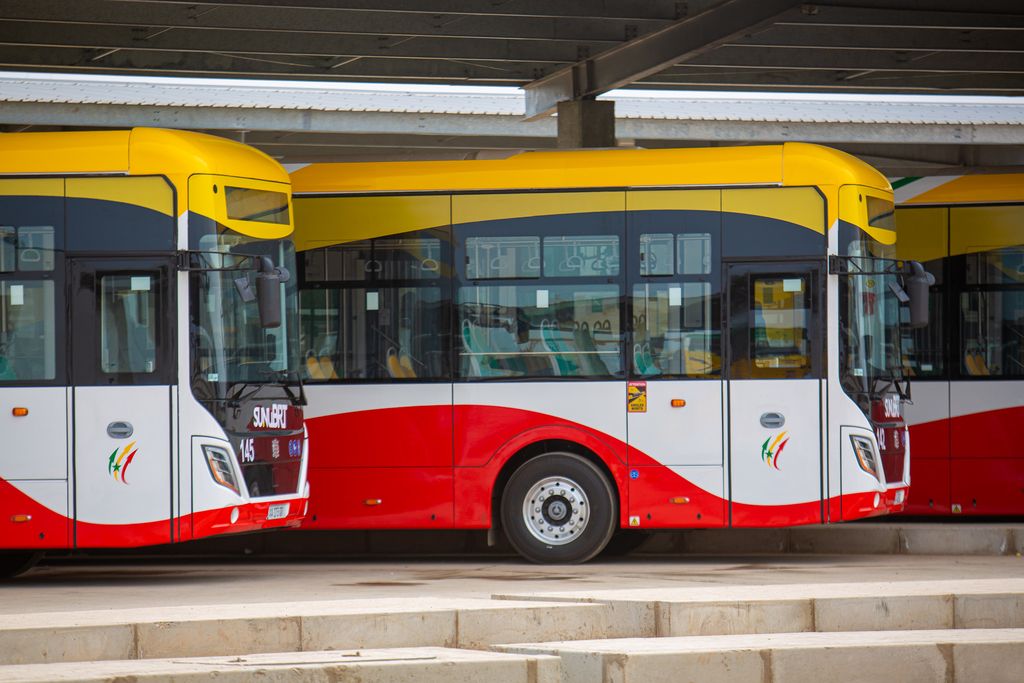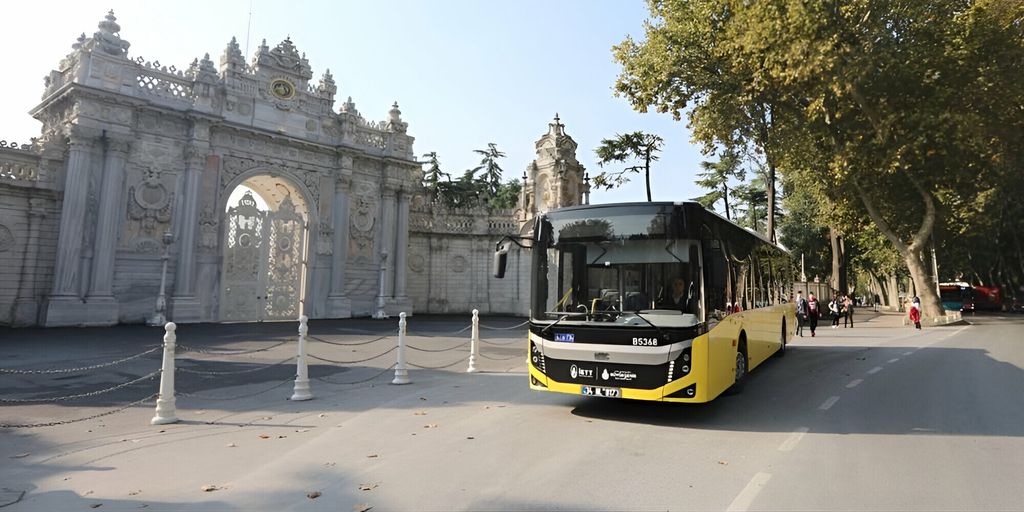
Electric fleets for green cities: how the ASSURED project made our cities more sustainable
ASSURED made standardised e-bus charging a reality in Europe
Making our cities greener, healthier, and more liveable: over the past five years, the ASSURED project has worked towards achieving this goal. On 21 March 2022, UITP held a final conference in Brussels to bring to a close the major EU initiative, which aimed to boost the large-scale uptake of electric vehicles in cities.
ASSURED developed and tested innovative solutions to support the standardisation and interoperability of electric vehicles charging. Both are key for large-scale electrification: they enable operators to mix and match different brands of vehicles and chargers, which makes their integration into the public transport network easier, more flexible and cheaper.
Coordinated by VUB (Vrije Universiteit Brussel), ASSURED launched in 2017 with a 38-partner strong consortium. By including stakeholders from the entire transport and energy supply sectors, the project gathered around the table the most relevant players along the entire value chain, uniting different technologies and interests.
ASSURED has been an outstanding example of how cooperation between end-users, industry, technology companies and academia can provide key results that help advance the sector and really make a difference.
ASSURED enabled operators to test interoperability of electric vehicles and chargers
With a strong focus on electric buses, ASSURED has delivered key innovations that enable the optimisation of fleet operation: alongside interoperability and standardisation of e-bus charging through high power fast charging solutions, the project investigated intelligent tools for smart charging and energy storage systems. Other elements explored within the project were how to improve grid stability to ensure a secure energy supply, essential for future uses when a larger number of vehicles will rely on the charging infrastructure.
One major result of the project is the ASSURED 1.0 Interoperability Reference, a document enabling interoperability and conformance testing by operators, authorities, and manufacturers, until standardisation as set by the EU is fully finalised. The first document launched in 2019: an update, the ASSURED Interoperability Reference 1.1, was published this month following results from project demos held across Europe.
Curious to see the charging solutions tested by ASSURED? Check out the project video:
ASSURED was a European flagship project on electro-mobility contributing both to the competitiveness of the European industry and reducing emissions in cities across Europe. It brought innovative solutions for the interoperability and standardisation of the charging systems of urban commercial vehicles.
Solutions were tested across Europe…
ASSURED solutions for buses, trucks and vans were first tested in test-tracks, under controlled conditions. Later, they were tested in real-life operation in five European cities: Barcelona, Gothenburg, Osnabrück, Eindhoven and Jaworzno.
While the Interoperability Reference was tested and successfully demonstrated in Barcelona and Osnabrück to charge buses with chargers of different brands in real operation, the demo in Gothenburg successfully piloted various interoperable charging solutions for different types of vehicles (e-bus, e-truck and e-car).
Another key milestone has been the development of smart tools for optimised fleet operation, charging and energy storage, which was piloted in Eindhoven and Jaworzno. This year, the Eindhoven fleet will be scaled up from 43 to 100 electric buses, and thanks to the solutions developed within ASSURED, energy demand and impact on the grid will be reduced.
ASSURED provides clear answers to the current challenges on the electrification in cities, and the innovative project solutions will allow for one big step forward towards 2ZERO, clean and sustainable transport.
The ASSURED Clean Bus Report provides an updated overview of the European market for clean buses
Created through the valuable collaboration with fellow EU-initiatives JIVE and the Clean Bus Europe Platform, the ASSURED Clean Bus report is another major milestone delivered by the project.
This new publication provides an updated overview of the European market for clean buses and compares clean vehicle figures of 2017 and 2021. The report highlights the major progress our sector has made in terms of the electrification of public transport, showing the commitment of cities and operators to contribute to a more sustainable world.

